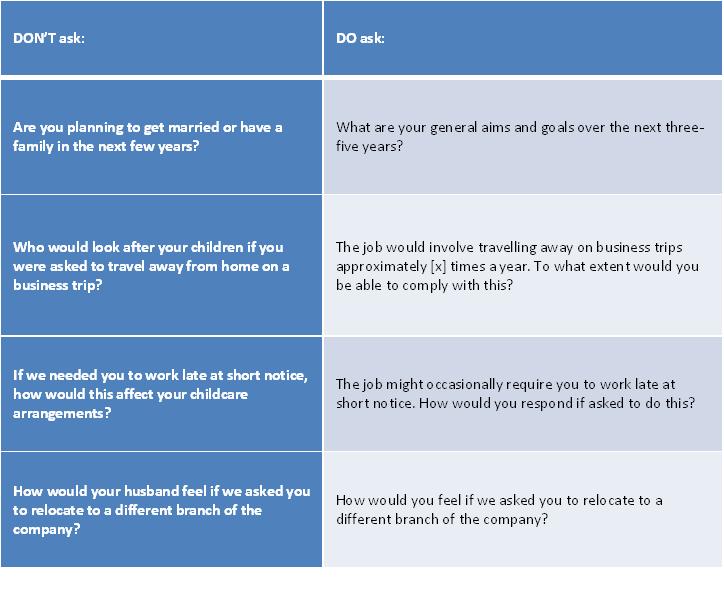Many business owners look at employing their children over the summer months, or Christmas holidays. As well as providing the younger member of the family with some spending money, employing those under the age of 18 gives businesses some financial relief, as any salary a business pays will be deductible from its taxable profits. However, with employees under 18, there are strict rules on the hours and type of work they can do.
Employing School-age Children
Children aged 13 or over can be employed to do ‘light work’, such as office work, for up to two hours on most term-time days. In school holidays this increases to five hours for those under 15 and eight hours for those over 15, between 7am and 7pm.
16 and 17-year-olds can work up to 40 hours per week and can do most types of work, although some additional health and safety regulations apply. You can generally employ children, including your own, aged 13 or over and pay them a salary which is deductible from your business income.
How Much Can You Pay?
A salary paid to a child must justify the work undertaken, and although there is no fixed rate of pay for children, common sense comes in to play. For example, a business owner would not be justified in paying their 13-year-old child a £40,000 salary to do filing for two hours a day. For a child with no experience carrying out unskilled work, the national minimum wage for 16 to 17-year-olds is £4.35 per hour for 2019/20, so this is a good guide to follow.
A salary of up to £12,500 could be paid tax-free to a child aged under 16 with no other income, if the work undertaken justifies such payment. If a company pays more than £8,632 per annum, employer’s national insurance becomes payable at 13.8%.Children aged 16 or over also pay 12% NI on earnings above £8,632 in 2019/20, in the same way as adults.
Young Entrepreneurs and Junior Partners
Although considered unusual, children can also set up their own businesses. You could award a contract to a child and pay a normal commercial rate for the services they provide. The child in question would be taxable on their business profits in the normal way, but would only pay national insurance at 9% on profits in excess of £8,632.
Businesses are also able to take children into partnership, which reduces the overall tax burden. Using an LLP would safeguard against losing private family assets. Here common sense comes into play again, and although this can be a complex issue to navigate, basic rules apply. For example, you couldn’t take on a child as a partner until they have the intellectual capacity to understand the business and there must be an agreement for all partners to carry on in business together with a view to profit.
Any child taken into partnership must genuinely participate in the business at a sufficient level to justify their status as a partner.
Keep it Business
If you are considering employing one of your children over the holidays, you must make sure you do a number of things to ensure you can answer any questions from HMRC.
This includes creating a job description outlining exactly what the employee’s duties are, making sure they are only working the hours they are legally allowed to work. You must also show a direct, traceable link between the PAYE records, the business bank account and the employee’s bank account.
Provided you follow some basic ground rules there is no reason why you cannot offer some work to children over the holidays, or employ them to take on a specific project for your business. It is perfectly legal and can give your children some valuable experience while keeping them busy during the holidays. However, HMRC is aware of bad practice and does pick up on situations where procedures haven’t been followed correctly. It’s important that you make sure you are following the rules and not overpaying your young employees.
Are you thinking about taking on children over the holidays? If you need to check any of the details before you do this, please do call me on 0118 940 3032 or click here to email me.

 On the first day of Christmas, my HR Consultant gave to me, a Contract in a pear tree. Make sure that you have up to date contracts for all your employees.
On the first day of Christmas, my HR Consultant gave to me, a Contract in a pear tree. Make sure that you have up to date contracts for all your employees.
 On the third day of Christmas, my HR Consultant gave to me, three French Hens. If you have employees from Europe, keep an eye on our
On the third day of Christmas, my HR Consultant gave to me, three French Hens. If you have employees from Europe, keep an eye on our  On the fourth day of Christmas, my HR Consultant gave to me, four dreaded words. “You have been fired!” Before you rush to sack anyone, check to make sure you have a good reason and
On the fourth day of Christmas, my HR Consultant gave to me, four dreaded words. “You have been fired!” Before you rush to sack anyone, check to make sure you have a good reason and 

 On the seventh day of Christmas, my HR Consultant gave to me, seven swans-a-swimming. If, like a swan, you’re all grace and elegance above water, while below you’re frantically paddling to keep afloat of all things HR, just get in touch to see how we can help.
On the seventh day of Christmas, my HR Consultant gave to me, seven swans-a-swimming. If, like a swan, you’re all grace and elegance above water, while below you’re frantically paddling to keep afloat of all things HR, just get in touch to see how we can help.
 On the ninth day of Christmas, my HR Consultant gave to me, nine ladies dancing. And the men can dance too!
On the ninth day of Christmas, my HR Consultant gave to me, nine ladies dancing. And the men can dance too! On the tenth day of Christmas, my HR Consultant gave to me, ten lords (and ladies) leaping at the Christmas party. Make sure you lay down a few rules for proper behaviour, so that things don’t get out of hand.
On the tenth day of Christmas, my HR Consultant gave to me, ten lords (and ladies) leaping at the Christmas party. Make sure you lay down a few rules for proper behaviour, so that things don’t get out of hand. On the eleventh day of Christmas, my HR Consultant gave to me, eleven pipers piping. Make a big noise when your staff do a great job.
On the eleventh day of Christmas, my HR Consultant gave to me, eleven pipers piping. Make a big noise when your staff do a great job.  On the twelfth day of Christmas, my HR Consultant gave to me, twelve drummers drumming. I keep drumming good HR practices into my clients’ businesses, to help them grow successful companies that are great places to work.
On the twelfth day of Christmas, my HR Consultant gave to me, twelve drummers drumming. I keep drumming good HR practices into my clients’ businesses, to help them grow successful companies that are great places to work.